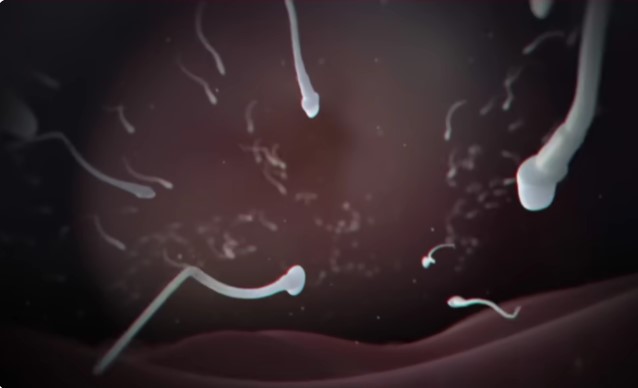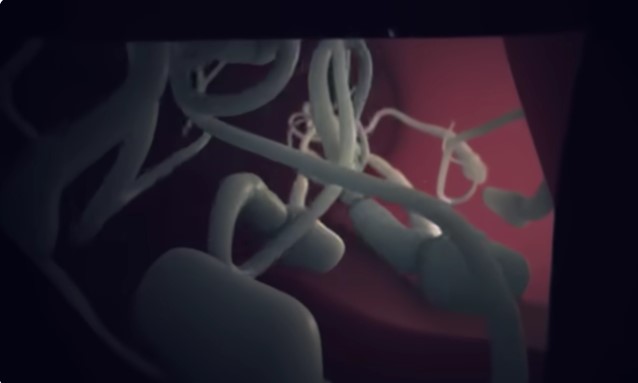Semen Nutrition Facts
Semen, often a topic of curiosity, is rarely discussed in terms of its nutritional content. This detailed article delves into the components and nutritional value of semen, providing a comprehensive understanding of its composition and potential health implications.

Introduction
Semen, the fluid ejaculated during sexual activity, is primarily known for its role in reproduction. However, its nutritional profile has intrigued many. Despite containing various nutrients, semen’s contribution to overall nutrition is minimal. This article explores the nutritional content of semen, its potential health benefits, and debunks common myths, providing a thorough insight into this lesser-known aspect of human biology.
Composition of Semen
Semen is a complex fluid comprising several components that support sperm health and function. Here’s a breakdown of its key constituents:
- Sperm: The primary function of semen is to transport sperm, the reproductive cells necessary for fertilization.
- Fructose: A type of sugar that provides energy for sperm motility.
- Proteins: Essential for various biological processes, contributing to the structural and functional aspects of sperm.
- Enzymes: Facilitate the fertilization process by breaking down substances.
- Minerals and Vitamins: Trace amounts of minerals like zinc and vitamins such as vitamin C, which have antioxidant properties.
Nutritional Value of Semen
While semen does contain nutrients, the quantities are quite small. Here are the main nutrients found in semen and their roles:
- Calories: Semen contains about 5 to 25 calories per ejaculation.
- Proteins: Small amounts that contribute to the structural integrity of sperm.
- Fructose and Glucose: Sugars that provide energy to sperm.
- Calcium: Supports sperm motility.
- Citrate: Helps maintain optimal pH levels for sperm survival.
- Lactic Acid: Contributes to an acidic environment conducive to sperm function.
- Magnesium: Crucial for sperm production and motility.
- Potassium: Regulates fluid balance in semen.
- Zinc: Essential for sperm production and overall reproductive health.
Nutrient Composition of Semen
| Nutrient | Function |
|---|---|
| Calories | Provides energy |
| Proteins | Structural support for sperm |
| Fructose | Energy source for sperm |
| Calcium | Enhances sperm motility |
| Citrate | Maintains pH balance |
| Lactic Acid | Supports sperm function |
| Magnesium | Aids in spermatogenesis |
| Potassium | Regulates fluid balance |
| Zinc | Essential for sperm health |
Health Implications
Despite the presence of these nutrients, semen is not a viable source of nutrition due to the minimal amounts. Relying on semen for nutritional benefits is neither practical nor recommended. Instead, a balanced diet rich in various nutrients is crucial for overall health and reproductive well-being.
Common Myths and Facts
Myth: Semen is a good source of protein.
Fact: While semen contains proteins, the amount is too small to significantly impact dietary protein intake.
Myth: Swallowing semen provides health benefits.
Fact: The nutrient content in semen is minimal and does not offer significant health benefits.
Myth: Semen can cure acne.
Fact: There is no scientific evidence supporting the claim that semen can cure acne.
Myth: Semen is a low-calorie food.
Fact: Although semen contains calories, the amount is negligible and does not contribute significantly to caloric intake.

Frequently Asked Questions
What is semen?
Semen is a complex fluid essential for reproduction, composed of sperm, seminal plasma, enzymes, and proteins. It nourishes and facilitates sperm’s journey through the female reproductive tract for fertilization.
What is the role of diet in semen quality?
A diet rich in antioxidants, zinc, and omega-3 fatty acids positively influences semen quality. Hydration also plays a crucial role in maintaining semen volume and quality.
Which nutrients does semen include?
Semen contains calcium, citrate, fructose, glucose, lactic acid, magnesium, potassium, proteins, and zinc, all contributing to sperm motility and reproductive health.
Is consuming semen a nutritious choice?
Consuming semen is not a practical source of nutrition. While it contains some nutrients, they are present in minimal amounts. A well-balanced diet is essential for overall well-being and reproductive health.
Understanding the nutritional content of semen can provide insights into reproductive health, but it’s important to rely on a varied and balanced diet for optimal nutrition. For personalized advice, always consult with healthcare professionals.




